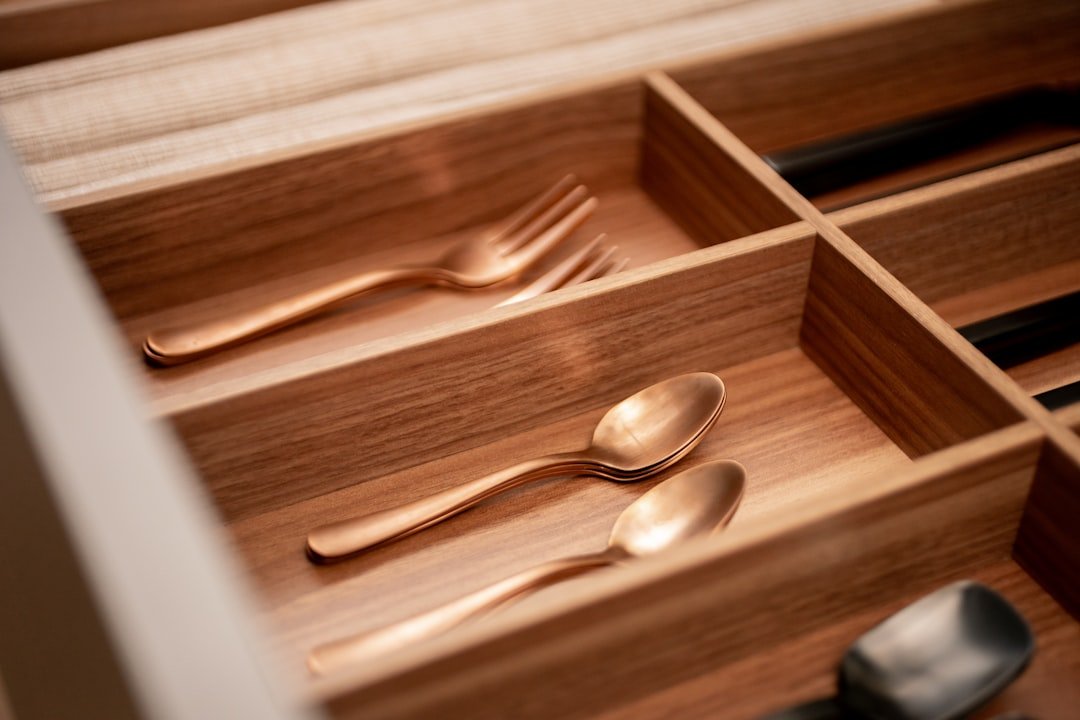
Artisanal knives, meticulously tailored to specific needs, often stand out as exceptional tools for culinary experts, featuring precise edges and user-friendly handles. Among these, Damascus-style chef knives emerge as premier options, celebrated for their superior artistry and innovative design that chefs worldwide admire.
Expert cooks favor blades forged from Damascus steel due to their exceptional performance in precise cutting, dicing, and mincing of ingredients. These knives deliver consistent results, whether you’re carving through proteins or finely shredding produce, making them indispensable in professional kitchens.
Why Damascus steel stands out for chef knives
Originating from ancient techniques developed by skilled artisans in Persia, Damascus steel draws its name from a rich heritage of blade-making that dates back over 2,000 years. A defining trait is the distinctive layered pattern on the surface, which not only boosts visual allure but also signifies high-quality construction. Contemporary makers typically blend premium steel alloys with iron, forging them under extreme temperatures and allowing for gradual cooling to achieve this signature effect.
As a material renowned for its resilience and longevity, Damascus steel has been a go-to choice for custom knife production for centuries. Beyond its role in creating top-tier chef knives, it enables the formation of intricate designs that elevate functionality. This steel’s remarkable strength, endurance, and edge retention have propelled its popularity in the culinary world, backed by historical use in various cultures for durable tools.
What sets these knives apart
By this point, it’s clear how these knives elevate cooking techniques, offering enhancements that streamline a chef’s workflow. Through ongoing refinements, manufacturers have optimized features for maximum efficiency. Premium Damascus chef knives generally feature a full-length tang extending from handle to tip, ensuring stability and robustness while showcasing elegant, flowing designs on the blade surface.
Here are some primary materials commonly employed in knife fabrication, each with its own advantages:
- Carbon steel: Widely favored for its ease of sharpening and ability to provide accurate cuts, this option excels in precision tasks. That said, it requires regular upkeep to prevent wear and maintain optimal performance over time.
- Stainless steel: While it doesn’t match the toughness of carbon steel, it offers superior resistance to rust and environmental damage. It’s highly reliable, though it may not hold an edge as keenly, making it a practical choice for everyday use.
- Ceramic: Known for its fine quality and resistance to staining, ceramic blades are more fragile than their metal counterparts. With proper care, however, they can endure for years, providing a lightweight alternative without the risk of discoloration.
Creating the ideal Damascus knife for chefs
The production of an outstanding Damascus knife demands meticulous attention to detail and expert craftsmanship from seasoned professionals. The process involves carefully heating, molding, and forging the metal, followed by controlled cooling to produce the characteristic rippled texture. Key attributes include:
Visually captivating designs
What truly distinguishes these knives is the mesmerizing, detailed patterning along the blade, born from the forging technique. This artistic element not only adds to the knife’s charm but also transforms it into a collector’s item, enriching the overall joy of cooking.
Exceptional toughness and resilience
Beyond aesthetics, the knife’s robust build and sharp profile ensure effortless precision in every slice. Compared to standard options, Damascus steel knives offer enhanced reliability, allowing chefs to handle demanding tasks with greater ease and efficiency.
Simple maintenance routines
With routine care, such as gentle washing and thorough drying to ward off oxidation, these knives remain in top condition. Periodic honing keeps the edge sharp, supporting long-term accuracy in cutting and preparation.
In essence, Damascus knives have earned their status as a chef’s essential tool due to their perfect blend of elegant design, practical utility, and refined manufacturing. This combination continues to make them a staple in high-end culinary settings.




